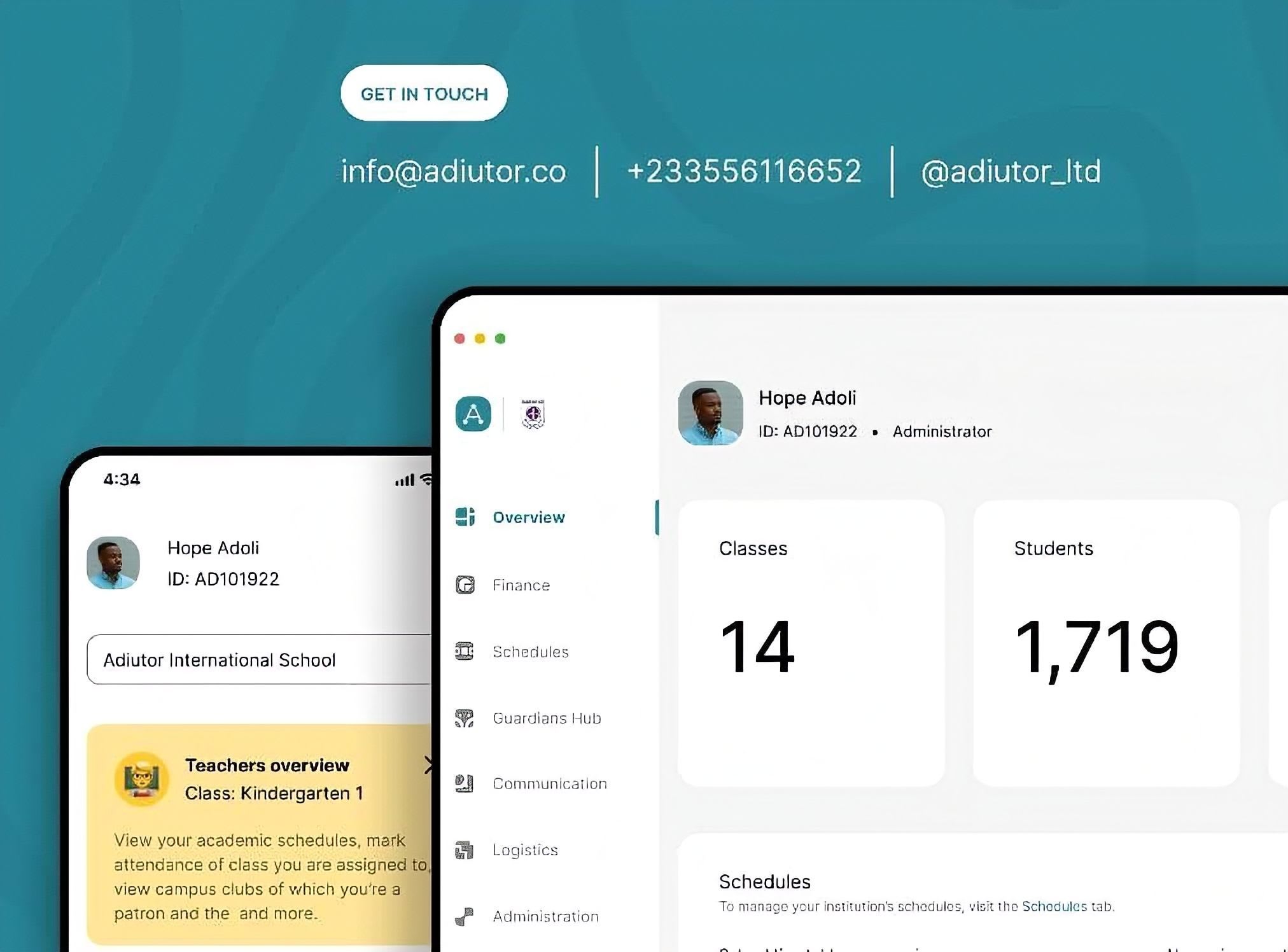The effects of parental involvement in homework on student achievement
The role of parents has evolved beyond the boundaries of traditional involvement. As research delves deeper into the dynamics of parental participation, a critical area that has garnered attention is the impact of parental involvement in homework on student achievement.

The role of parents in their child's academic life has evolved over time beyond the boundaries of traditional involvement. As research delves deeper into the dynamics of parental participation, an area that has also garnered attention is the impact of parental involvement in homework on student achievement. This article aims to contextualize the significance of this involvement.
💡 Lessons learnt: The best way to predict your child's future is to help create it
The Historical Context of Homework and Parental Involvement
Homework has been a longstanding educational practice, deeply intertwined with the evolution of teaching methodologies. Historically, homework was considered a solitary endeavor, with little emphasis on parental involvement. However, as educational philosophies shifted towards recognizing the holistic nature of a child's development, the role of parents in homework underwent transformation.
During the mid-20th century, with the rise of behavioral psychology, scholars like B.F. Skinner emphasized the importance of reinforcement, including parental involvement, in shaping student behavior. This laid the groundwork for educators to acknowledge the potential impact of parental engagement in homework.
The 1980s marked a turning point when researchers like Harris Cooper started investigating the relationship between homework, parental involvement, and academic achievement. Concurrently, the growing body of literature by pioneers like Joyce Epstein emphasized the need for a comprehensive framework of parental involvement that extended beyond homework assistance to encompass communication and collaboration with schools.
The Current Landscape of Parental Involvement in Homework
In the present educational landscape, parental involvement in homework has garnered increased attention as a potential factor in enhancing student achievement. The advent of digital communication has revolutionized the way parents engage with their child's homework. Parents can now access online platforms, review assignments, and communicate with teachers more efficiently.
However, the current scenario is not without challenges. Disparities in access to technology and varying levels of parental education can create inequalities in the extent to which parents can be involved. Moreover, the changing nature of work and family structures poses challenges to traditional models of parental involvement.
Research studies, such as the meta-analysis conducted by Fan and Chen (2001), have suggested a positive correlation between parental involvement in homework and academic success. Yet, questions persist regarding the quality and nature of this involvement. Does it foster independent learning skills, or does it inadvertently contribute to student dependence?
Benefits and Challenges of Parental Involvement in Homework
Benefits:
- Academic Performance: Studies, including those by Epstein and Van Voorhis (2001), have highlighted the positive impact of parental involvement on academic performance. When parents engage with their child's homework, it can lead to a deeper understanding of the subject matter.
- Improved Study Habits: Parental involvement is linked to the development of effective study habits. Students whose parents actively engage in their homework will likely adopt structured and disciplined study routines.
- Enhanced Parent-Child Relationship: Homework can provide a platform for meaningful interactions between parents and children. This involvement fosters a supportive and communicative relationship, contributing to the child's overall well-being.
Challenges:
- Time Constraints: In today's fast-paced world, parents often face time constraints due to work and other commitments. Finding the time to actively participate in a child's homework can be challenging for some parents.
- Varied Parental Capacities: Not all parents have the same level of education or understanding of academic subjects. This variation in parental capacities can create disparities in the quality of support children receive.
- Potential for Over-Involvement: There's a fine line between supportive involvement and over-involvement. Overbearing parental pressure can lead to stress and hinder a child's ability to develop independent learning skills.
Effective Parental Involvement in Homework
- Clear Communication Channels: Establishing clear communication channels between teachers and parents ensures that expectations are understood. Regular updates on homework assignments, curriculum, and progress can facilitate informed parental involvement.
- Parental Education Programs: Offering workshops or information sessions for parents can enhance their understanding of various subjects and teaching methods. This empowers parents to provide more effective support in their children's homework.
- Creating a Positive Homework Environment: Encouraging a positive environment at home for homework is vital. Providing a quiet, well-lit space with the necessary resources contributes to a conducive learning atmosphere.
- Promoting Independence: While involvement is crucial, promoting independence is equally important. Encouraging students to take responsibility for their homework fosters self-discipline and autonomy.

Adiutor
Adiutor means "helper" - we do just that, by taking a load of your school administration and helping you focus on what matters most: the kids.
References:
- Cooper, H., Lindsay, J. J., & Nye, B. (2000). Homework in the home: How student, family, and parenting-style differences relate to the homework process. Contemporary Educational Psychology, 25(4), 464-487.
- Fan, X., & Chen, M. (2001). Parental involvement and students' academic achievement: A meta-analysis. Educational Psychology Review, 13(1), 1–22. https://doi.org/10.1023/A:1009048817385
- Epstein, J. L., & Van Voorhis, F. L. (2001). More than minutes: Teachers' roles in designing homework. Educational Psychologist, 36(3), 181-193.
- Jeynes, W. H. (2005). A meta-analysis of the relation of parental involvement to urban elementary school student academic achievement. Urban Education, 40(3), 237-269.
- Hoover-Dempsey, K. V., & Sandler, H. M. (1997). Why do parents become involved in their children's education? Review of Educational Research, 67(1), 3-42.
- Van Voorhis, F. L. (2011). Interactive homework in middle school: Effects on family involvement and science achievement. Journal of Educational Research, 104(5), 287-299.
